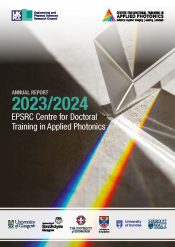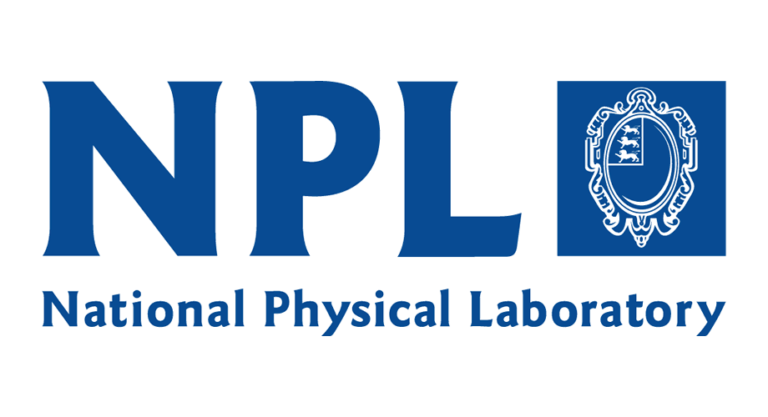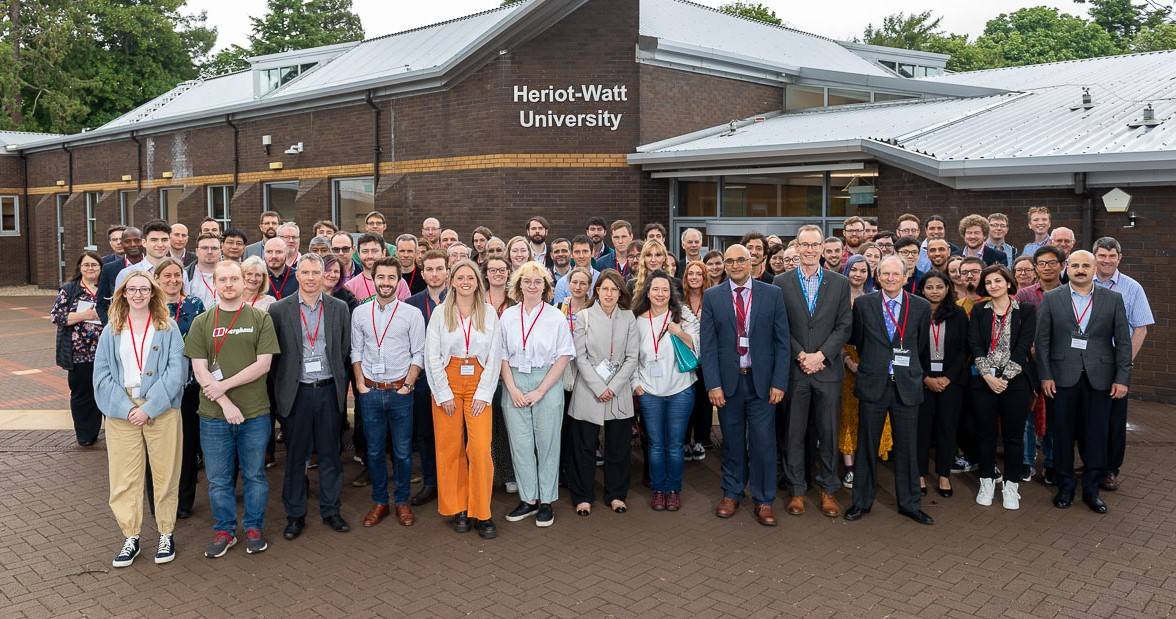



Our four year programme places our research students on industry inspired projects leading to award of PhD or EngD. The EngD qualification is an alternative to a traditional PhD aimed at students seeking a career in industry, and reflects the innovative nature of industrial research.
Students spend around 75% of their time working directly with a company, in addition to receiving advanced-level training from a broad portfolio of technical and business courses.
The research projects will offer benefits to your company by:
Increasing the research portfolio in a cost-effective way
Providing access to University laboratories and facilities
- Creating opportunities to make contacts with other sponsor companies
- Aiding the retention of existing staff who wish to study for a doctorate degree and continue with their employment
Fully-funded scholarships available
Latest News
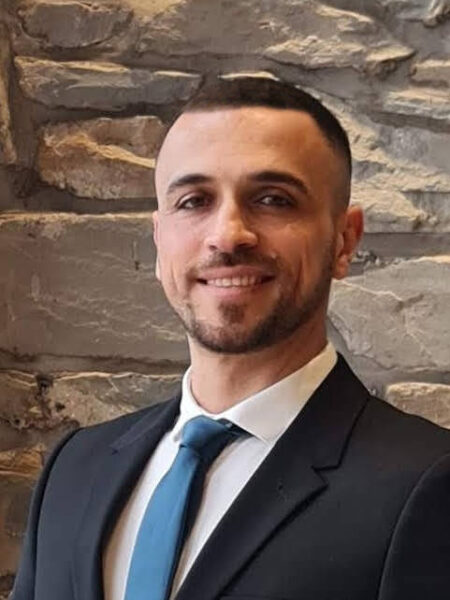
May viva success
Congratulations to Nick Kabawa who had a successful viva in May 2025. Nick is the first CDT in Applied Photonics student hosted by University of
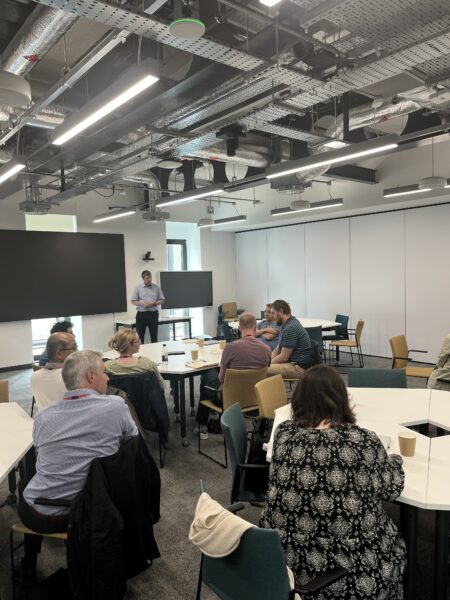
Annual Supervisor Training Event
On Wednesday 30th April 2025 we held our annual training event for academic and industrial CDT supervisors at the National Robotarium on Heriot-Watt’s Edinburgh campus.

Meet the Expert at Glasgow Science Centre
On Friday 11th April 2025 our third-year students gave inspiring, interactive, and fun demonstrations to Glasgow Science Centre visitors.


